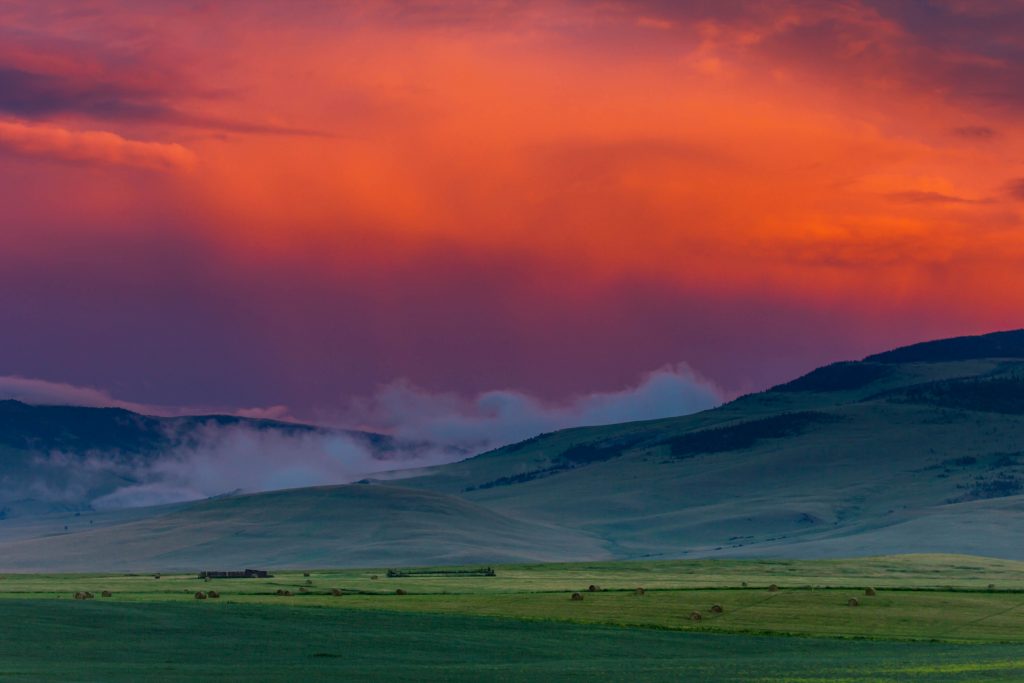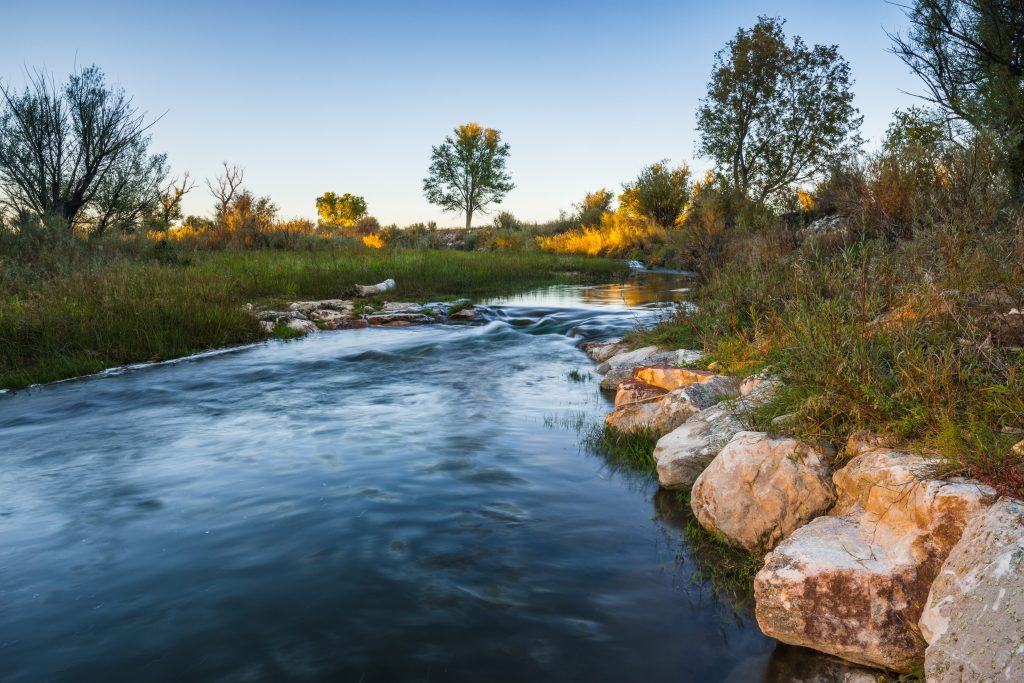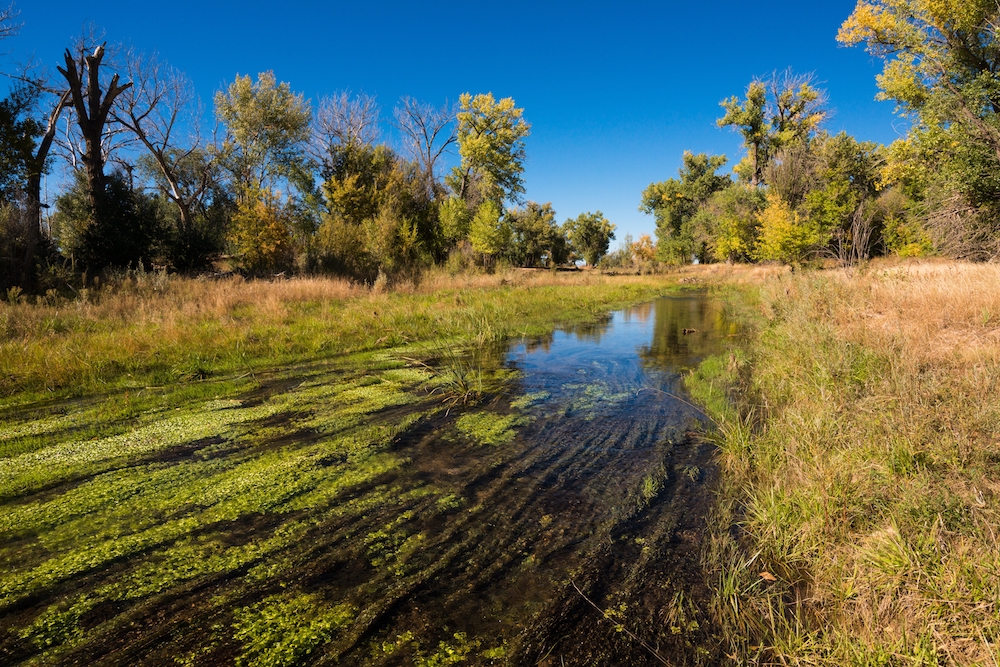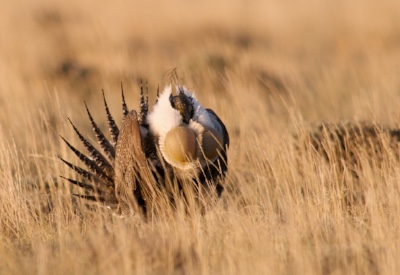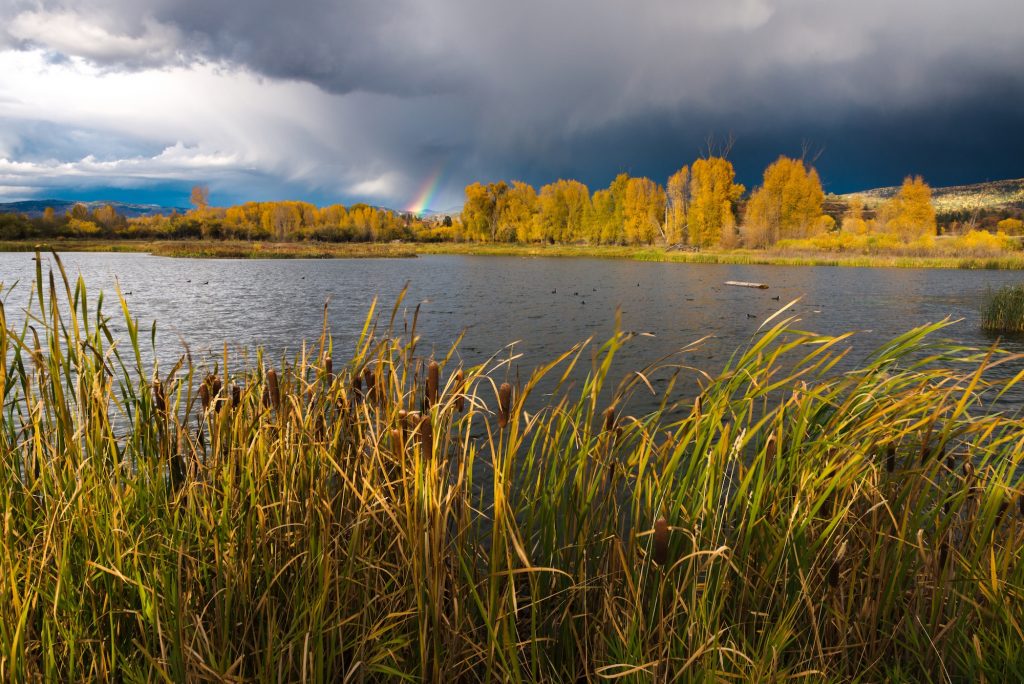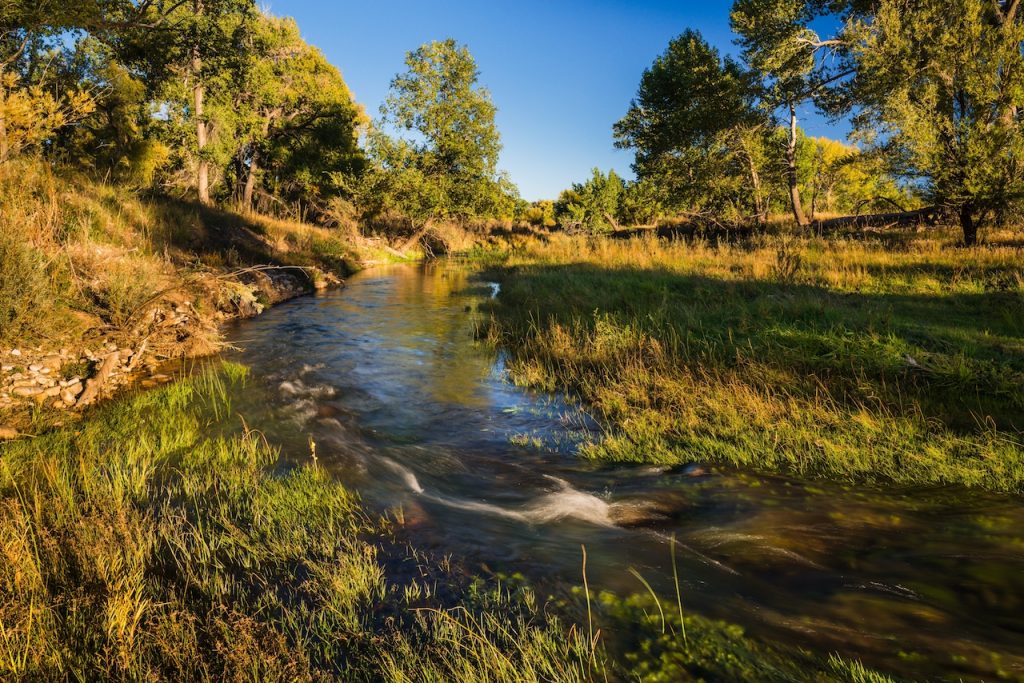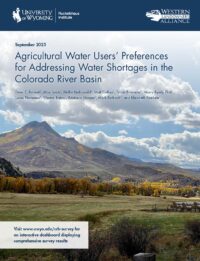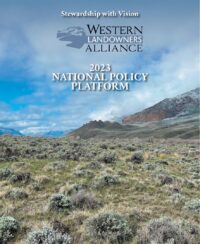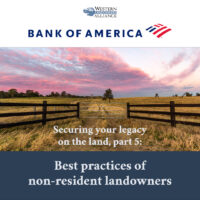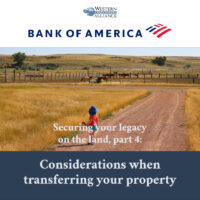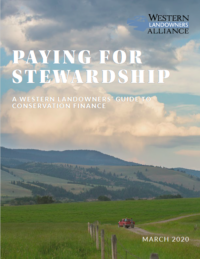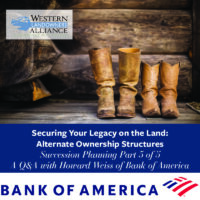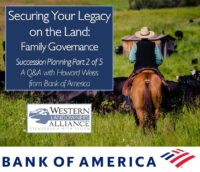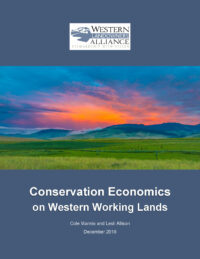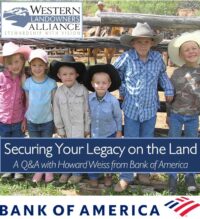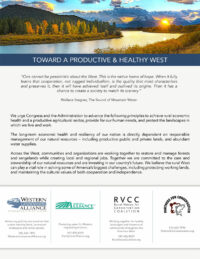CONSERVATION
SPECIAL SERIES
Conservation Finance: What every landowner needs to know.
Landowners can be paid for improving soil health, water quality and wildlife diversity while maintaining agricultural and ranching operations on their land. But boy, do they make it complicated! Fortunately, we're here to help.
In this 8-part series, we partnered with experts from WRA, Inc. an environmental consultancy with decades of experience helping landowners monetize environmental services, to bring you detailed and practical info on this critical topic.
Conservation finance, also known as payments for ecosystem (or environmental) services, or PES, is an increasingly common way for responsible landowners to diversify their income streams. From the societal or economic perspective, it is one mechanism by which we have begun to try to accurately value (i.e. set a price in the market) previously non-valued services and products of healthy land and good stewardship, like carbon sequestration, clean and abundant water, clean air, or wildlife.
A variety of approaches, including conservation easements, wetland mitigation banking, grassland carbon sequestration and watershed investment funds, pay landowners for the ecological services they provide. Conservation finance can help landowners increase and diversify their cash flows, amid societal pressures to produce agricultural goods in greater quantities and of higher quality.
